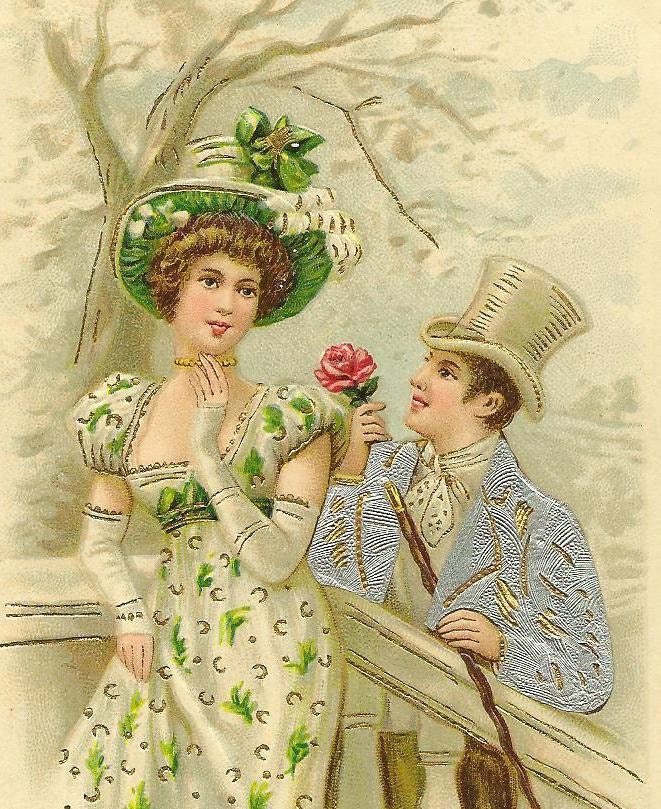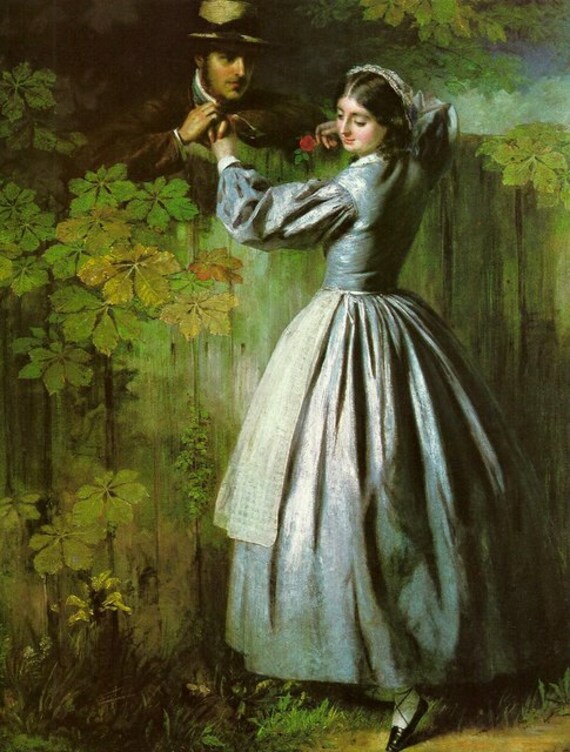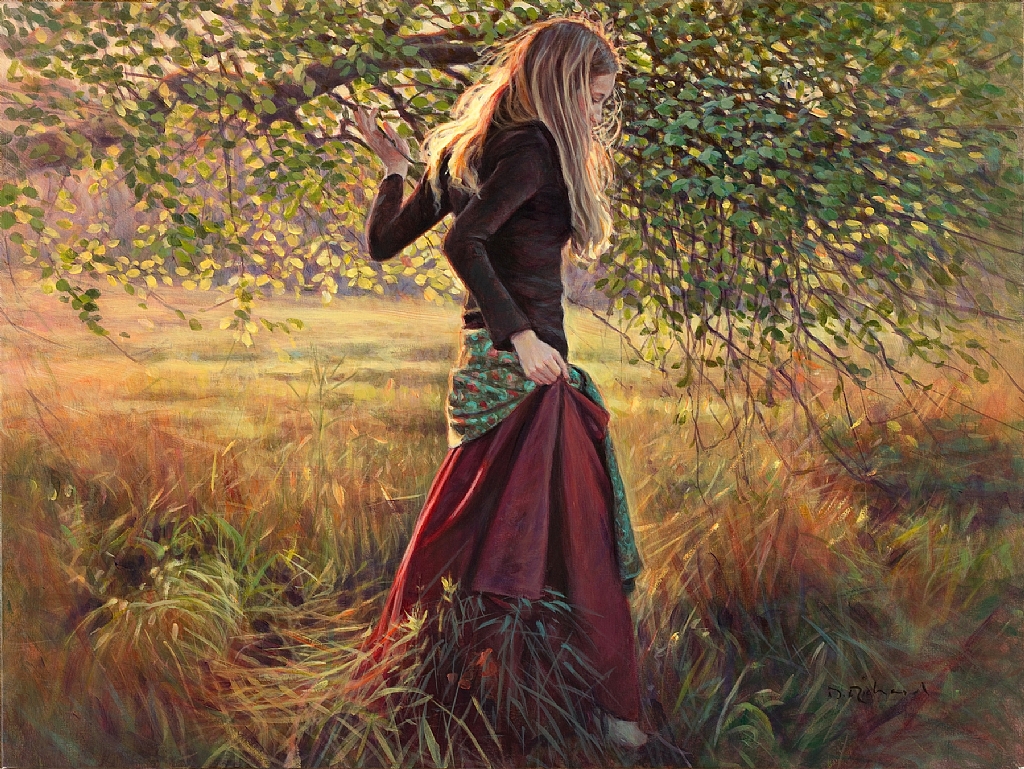You Should Know How I Feel
The Writing Course
Gamble
everything for love,
if
you’re a true human being
--Rumi
Writing,
for me, is an act of love. When I say this, I cringe at the weight of
similarities in how many of my fellow writers have approached their courses of
writing. Many of us are in love. Some of us fell in it, as an act of total
accident, while some others chose to learn it, acquire it, and master its
nuances, the wise ones.
Two
weeks from Valentine’s Day, I still consider the possibility of dedicating a
whole day for love. Questions such as- Why is just one day for love? Shouldn’t
we dedicate all our days to love?- always arise talking with students. But the
fortunate thing about asking such a question in the classroom is that they
always have answers. And some of them daringly share their ideas. Some of my
students suggest that when life is busier and no one has time to spend with
their beloved one, and when work means survival, we need at least a day to
convey what we feel for the other person, at least through a small gesture.
It’s
sort of a Victorian modesty, to say the least, the avenues of love and the ways
we communicate it these days. We love the form and texture of our message, like
a Victorian, who would love the same about long letters written in Victorian
English. A card, a text message, an e-mail, or an e-card could define our
feelings, these days. It is easy, if you look at it that way. Through a pre-programmed
e-card your teeming desires and passions are poured out. This, for a Victorian
poet, might have taken hundreds of pages of inspired poetry. What about the ordinary
folks in the Victorian England, those who could not compose lengthy poetry or weave
a genuine piece of prose on their deepest romantic urges?
The
love we find in Thomas Hardy’s
fiction, for example Under the Greenwood
Tree, in which Dick Dewy, a young member of the Mellstock Choir, who is
wading in his love with Fancy Day, the beautiful teacher at the parish school, closely
portrays insecurities in love. Dick Dewy spends a considerable time in finding
out whether Fancy Day is actually in love with him. His convictions often misguide
him or so he feels. His passion is visible, but the response he gathers from
his sweet heart is not straightforward. This raises tension in the novel. One may
feel at the end that it is a sweet story of less sophisticated people, country
folks, so to speak.
Had
there been an e-card or text message facility, the two characters—Dick and
Fancy—might have sorted their initial problems out quite smoothly. Or could
they?
It
is true that a passion poorly communicated is a smoking gun. But if love is all
too easy to communicate, so many of our gifted writers would not have left it mostly
unsaid in their writings. The beauty of Knut Hamsun’s novel Victoria is in the agony endured by the
tender young hearts due to their unspoken feelings.
I
am in Love with Love
and
Love is in love with me.
My
body is in Love with the soul
and
the soul is in Love with my body.
I
opened my arms to Love
and
Love embraced me like a lover.
--Jalāl
ad-Dīn Muhammad Rūmī
The great poet of the Sufi tradition is clear
about the course of love. In being so clear, he is unclear too. The suggestive
power of these lines is what mystifies us, prompts us to investigate into the
section of our mind where poetry is translated into feelings.
Words
converged into feelings are capable of transcending the human realm and
reaching the mystical. What transpires between the writer and the pages become
a part of the reader’s reality too. Writing a second book was the result of
this realization.
My
first book Wall of Colours and Other Stories is the first in a trilogy titled Hope, vengeance and History.
Although I currently work on the series, a few new stories showed themselves
and I decided to write them down. I wrote one down, first. Then I showed this
to Ms. Dhanya Krishna, my editor for Wall of Colours. I received an exciting suggestion that I must upload this story
in Amazon Kindle, for my readers. We both considered this option for a while. Then
I told her that I have a second story. This is when she suggested we should go print
with the two stories, if they are long enough. I knew her skills not just as an
editor, but as a writer too. It did not take me long to ask her why doesn’t she
contribute a few stories herself, so that we could co-author this new book.
With
some reluctance in the beginning, she accepted my suggestion and we started
working on You Should Know How I Feel.
Our initial plan was to release it on Valentine’s Day, because the stories in
this book celebrate love. Both of us contributed two long stories each and the
process of putting the book together took some more time than expected.
Mr.
Saneesh Raj, a friend and classmate of mine designed a beautiful cover for You Should Know How I Feel. A preview to
the book cover will be released tomorrow, here at TIC. So set a reminder,
please, and make this occasion a memorable one with your presence, as always.
 |
| Image Courtesy: Google |
You Should Know How I Feel is about love and the many places one can find it. In
the journey of writing this book, I learnt that the season of love is undying. In
other words, love gives us a glimpse of eternity. Tomorrow will be another day
for me, you and all your beloved ones to cherish and celebrate love, much like
Valentine’s Day. Each day, whenever you open the pages of You Should Know How I Feel, love will resurrect from the ashes of mundane
routines and will assert its supremacy over our lives.
May
in your life, love be abundant.
I
will leave you with a quote by Ray Bradbury on love: “Love is the answer to
everything. It’s the only reason to do anything. If you don’t write stories you
love, you’ll never make it. If you don’t write stories that other people love,
you’ll never make it.”
With love,
Anu









Comments